For Immediate Release
Contact: Matt Lehrich, Marie Aberger
THE SUPREME COURT IN CRISIS: STRUCTURAL REFORM FOR A BROKEN INSTITUTION
Take Back the Court's director moderated panel of legal experts on the stakes of court reform
SAN FRANCISCO, CA (October 13, 2020) —Earlier today, Take Back the Court's director Aaron Belkin co-chaired the first of two panels as part of a symposium hosted by Yale Law School: The Supreme Court in Crisis: Structural Reform for a Broken Institution.
Today's panelists included:
Professor Nikolas Bowie, Harvard Law School
Professor Ryan D. Doerfler, University of Chicago Law School
Professor Leah Litman, University of Michigan Law School
Professor Mark Tushnet, Harvard Law School
Professor Aziz Rana, Cornell Law School
Aaron Belkin, director of Take Back the Court, and Samuel Moyn, Henry R. Luce Professor of Jurisprudence & Professor of History, Yale Law School, are the co-chairs of the two-part symposium.
The symposium is co-sponsored by Yale Law School, Take Back the Court, and the American Constitution Society (Yale Law School Chapter).
The second panel will take place on November 19.
KEY QUOTES:
"Expanding the Supreme Court is a necessary step toward restoring democracy." -- Aaron Belkin, Take Back the Court
"Decisions like Shelby County, Citizens United, and US v. Morrison continue to disable Congress from interpreting the Constitution. As a result, the civil rights of millions of Americans are determined not by the participation and deliberation of the most vulnerable among us, but by death and succession of a single person. That is not a democracy. That’s an aristocracy in robes." --Professor Nikolas Bowie, Harvard Law School
"The ultimate goal has to be shifting power away from this democratically unaccountable institution and to the political branches, which is to say to the American people." -- Professor Ryan D. Doerfler, University of Chicago Law School
"The court is anti-democratic on several axes [...] The court's views are out of step with the majority of America. [But even] if the Supreme Court was regularly issuing decisions that better captured the views of the majority of Americans, it would still be anti-democratic and should still be reformed." -- Professor Leah Litman, University of Michigan Law School
"Over-representation of rural and white communities in the Senate have given control of the court to views that are broadly unpopular. [...] We have a system as a whole, that promotes minority rule. [...]We have handed over power as to what the Constitution means. And this is not by accident." --Professor Aziz Rana, Cornell Law School
"The unfortunate reality is that democracy has become a partisan issue. One political party is attempting to make elections more democratic and one political party attempting to make them less democratic." -- Professor Leah Litman, University of Michigan Law School
SIX BIG TAKEAWAYS:
1. The current direction of the Supreme Court is not compatible with democracy. The court wields far too much power in suppressing good governance and democracy. (For example, the court's unchecked power threatens major, popular legislative reforms like HR1 or comprehensive climate change solutions.)
2. The Supreme Court is out of step with the views of the majority of Americans. The last two justices (and Amy Coney Barrett) were appointed by a president who did not win the popular vote and were confirmed by Senators who do not represent the majority of Americans.
3. The two political parties have exercised power over the courts asymmetrically. The Republican Party has exercised full power to pack the courts, but Democrats have not responded symmetrically. This has made the courts even more anti-democratic.
4. The US judicial system, with the power it bestows to the Supreme Court and individual justices, is an outlier among democracies.
5. The current system has created a Supreme Court that is largely disconnected from and not responsive to what's actually happening in our country.
6. The goal can't be a restoration of the past -- it's a false ideal that the court was not partisan or ideological in its past. The Supreme Court is an inherently political institution.
A recording of the event will be made public shortly by Yale Law School. Members of the media may request an immediate copy of the recording for reporting purposes only, not for posting, by contacting Take Back the Court.
Take Back the Court raises awareness about the urgent need to expand the number of seats on the Supreme Court to address the theft of the court by Senator Mitch McConnell during the Obama Administration. Without adding seats, Congress will not be able to restore the right to vote, ensure reproductive freedom, protect workers, halt our climate emergency, or pass new legislation. Court expansion, which can be accomplished without a constitutional amendment, is the only reform that enables the un-rigging of the system and the restoration of democracy. Learn more: https://www.takebackthecourt.today/
